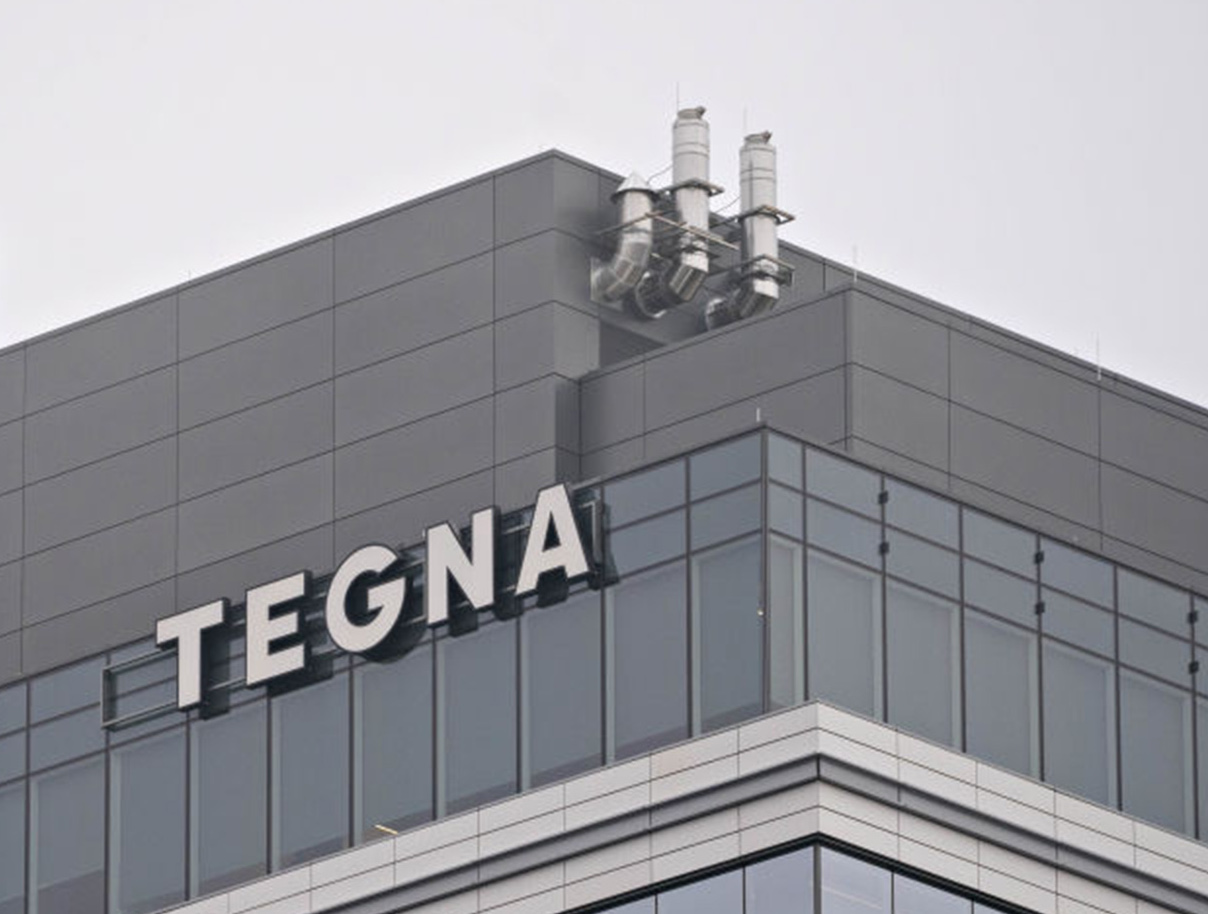Congress casts doubt on FCC digital TV transition plan
Three members of a House committee overseeing broadcast policy have voiced strong doubts about a draft plan to speed the transition of valuable spectrum from broadcasters to the wireless industry.
"I am concerned that this proposal would produce severe unintended policy consequences and would directly contravene the legislative intent of Congress," the members said in a letter to FCC Chairman Michael Powell and published by Dow Jones News Service.
"If that is the case it must be rejected outright," said the letter, which was signed by Reps. Charlie Norwood (R., Ga.), Lee Terry (R., Neb.) and Richard Burr (R., N.C.). All three are members of the House Energy and Commerce Committee, which oversees the FCC and broadcast policy.
At issue is the pace of transition from analog television to digital. Congress gave broadcasters free spectrum so they could broadcast in both analog and digital during the transition.
Broadcasters were to return the analog spectrum to the FCC by the end of 2006, and that spectrum would be used to ease a chronic spectrum shortage in the wireless industry. However, that date can be delayed until 85 percent of the public has the capability to receive digital signals.
While most broadcasters now transmit both analog and digital signals, 85 percent of the populace isn't expected to have digital tuners for years.
Powell has floated a plan that would essentially make the 2006 deadline stick by asking cable companies to downconvert digital signals for their analog customers, Dow Jones reported. Because 85 percent of the population now subscribes to satellite or cable television, the FCC contends the conditions for the transition would be met.
The professional video industry's #1 source for news, trends and product and tech information. Sign up below.
The plan would hasten the day when Congress or the industry would have to step in to address the needs of the less than 15 percent of viewers who get their television over the air.
The lawmakers said the FCC should wait until its mandate requiring digital tuners in new televisions has taken effect, and until cable's obligations to carry digital signals are clarified. The FCC has required that the largest televisions have a digital receiver, beginning this summer; the rule gradually phases in for smaller sets.
"Pairing a more realistic hard-date with both a sensible cable carriage plan and marketplace acceptance of the FCC's tuner mandate would make more sense," the congressmen wrote.
Voicing concerns from broadcasters, the lawmakers said the proposal "would betray the long-held congressional goal of bringing the next-generation of television to the American consumers," they wrote. "Consumers who receive a downconverted, analog-formatted digital signal via cable do not experience any of the benefits of digital television, most notably high-definition viewing and enhanced policy options."
The plan "would provide no incentive for consumers to eventually upgrade to digital displays and high-definition digital sets and consumer adoption of digital television."
The FCC nor Powell have officially acknowledged the plan.
